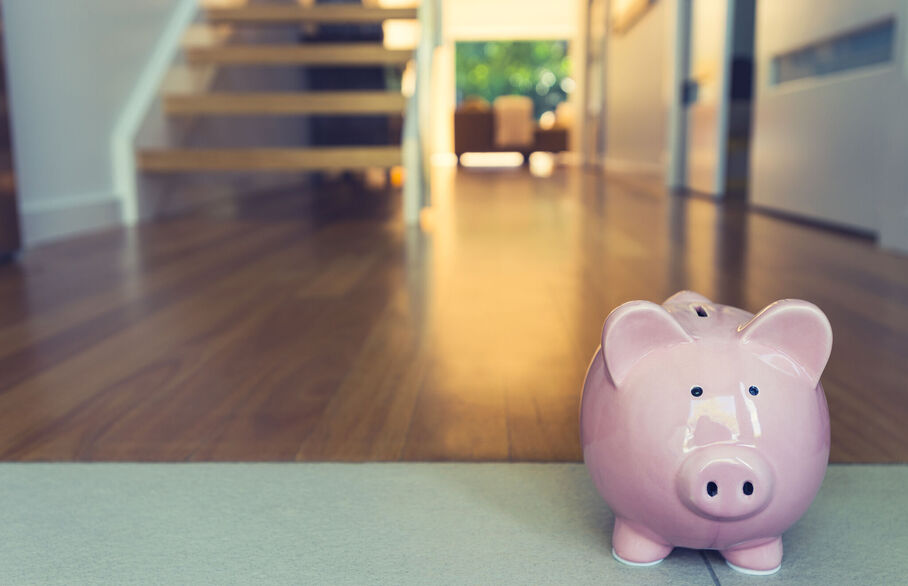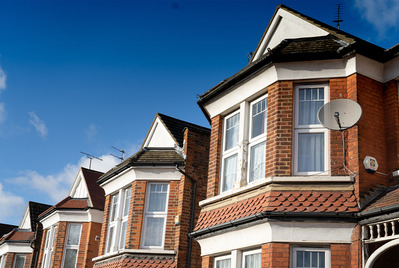
Property tax can be hugely complicated and if you’re new to being a landlord, it’s highly advisable to consult a tax specialist or financial adviser that understands Buy to Let.
They can explain exactly how your profits from property will be taxed and help make sure you’re investing and taking income from your rental(s) in the most tax-efficient way.
And even though landlords have until the end of January 2024 to file a self-assessment return for the current tax year (ending on 5th April), it’s well worth speaking to a professional property tax specialist sooner rather than later to make sure you’ve got everything in order.
Meanwhile, here’s an overview of three key things to know about tax for landlords:
- Property income is added to your other income for tax purposes
Many new landlords think that rental income from property is taxed separately from their other income, e.g. what they earn from employment or shares. But, although your property income and expenses are recorded in a separate section of your Self Assessment tax return, the profit is added to your other taxable income to calculate your overall tax bill.
So it’s a good idea to work out your likely annual property income and expenditure figures before you invest in property, so you can check whether there’s any likelihood of your profit taking you into a higher income tax bracket.
The other thing to be aware of is that if you currently receive any benefits, including child benefits or tax credits, your additional income from property might mean you’re no longer eligible for those benefits.
One way you might be able to help mitigate your tax liability is to have the lowest earner in your household take the property income. But to do this, you have to make sure they have the right level of property ownership. This is something that’s fairly common with couples, where one person is already earning either close to or above the higher-rate threshold, and the other is either not earning or is well below the limit for basic-rate tax. So, speak to a financial adviser or tax specialist to find out whether this kind of arrangement might be appropriate for you.
- Recording expenses correctly can be very tricky!
When it comes to completing your tax return, there are allowable costs you can deduct from your property income to arrive at a taxable profit figure. But the money you spend on your property and the business of letting it is divided into two categories:
- ‘Revenue expenditure’, which can be offset against your rental income. These are expenses that have been incurred exclusively in order to earn income from your rental, such as:
- business admin costs
- maintenance services such as cleaning and gardening
- redecorating and repairs to fittings and furnishings
- fees for professional services, e.g. your letting agent and accountant
- insurance costs.
- ‘Capital expenditure’, which is deducted from the capital gain when you dispose of the property. These are things that increase the value of the property, e.g. major renovations, adding an extension or significantly upgrading a kitchen.
But then some works can include both types of expenditure, which is where recording expenses can get really complicated. And that’s one very good reason for engaging a professional bookkeeper and accountant!
- Capital Gains Tax (CGT) is 8% higher for property
While chargeable gains on other financial assets are taxed at 10% in the basic-rate band and 20% in the higher-rate band, residential property gains are taxed at 18% and 28%. So make sure you factor this in when you’re planning your investment exit strategy so you don’t get a nasty surprise.
Another key thing to make sure you understand about CGT is that it’s charged on the difference between the purchase price and the sale price (or the value of the asset when you pass it on), less your personal allowance and any other allowable deductions. It’s not charged on the equity you’re left with.
So, if you remortgage at any point and release capital, it’s sensible to always make sure there’s enough equity left to cover the CGT bill if you suddenly had to sell. This is especially important if you’ve owned the property for many years and it’s gone up a lot in value – a big gain can mean a sizeable tax bill!
And note that while the CGT personal allowance for the current tax year (2022/23) is £12,300, that’s dropping to £6,000 for 2023/24 and to £3,000 from April 2024.
For more information, see the GOV.UK website.
If you’d like to talk to us about any aspect of Buy to Let investment, we’re here to help. Just get in touch with your local Your Move branch and have a chat with one of the team.
YOUR PROPERTY MAY BE REPOSSESSED IF YOU DO NOT KEEP UP REPAYMENTS ON YOUR MORTGAGE.
Your initial mortgage appointment is without obligation. Embrace Financial Services normally charge a fee for their services; however, it is payable only on the submission of your mortgage application. The fee will depend on your circumstances but the standard fee is £549. Complex cases usually attract a higher fee. Embrace Financial Services will discuss and agree the fee with you prior to submitting any mortgage application.
Please be aware that the information provided within these archives has been pre-published, as of the date published on each article. The information contained within, including references to taxation, legislation, regulation, or any other issues or concerns may no longer apply.
The Your Move Content Marketing Team



